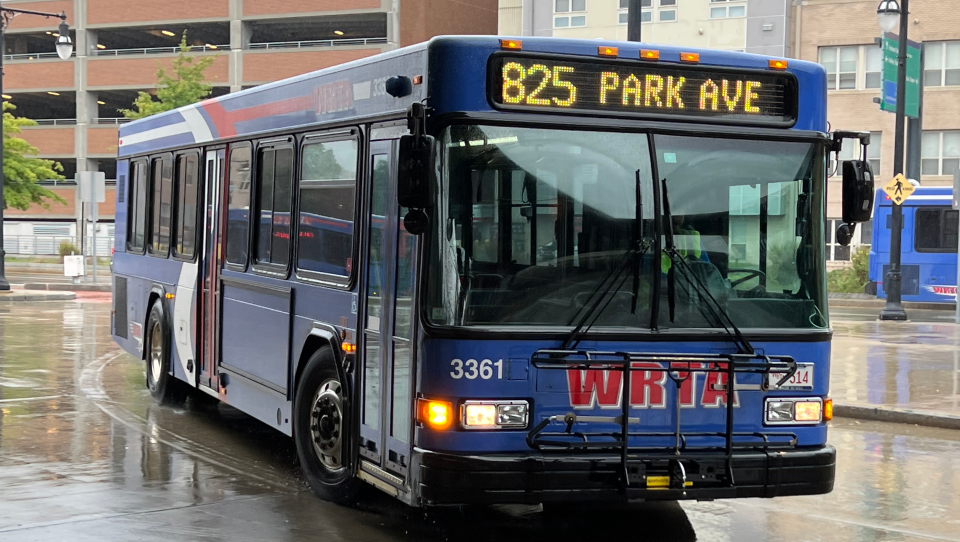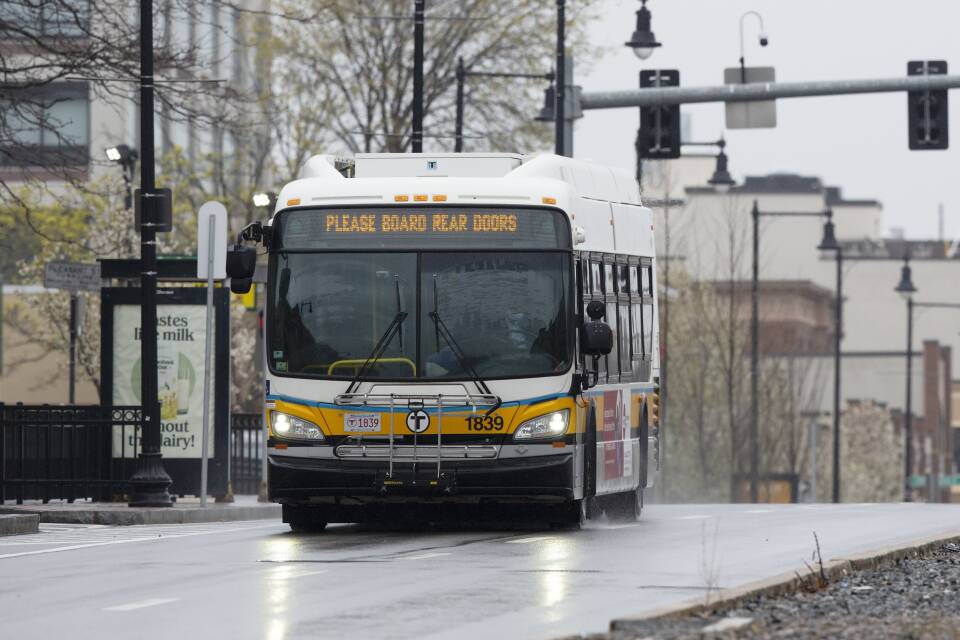Riders of the Worcester Regional Transit Authority’s buses will be boarding the buses for free for another year. The Authority’s advisory board voted unanimously Thursday to keep all buses, including paratransit, free in Worcester and 36 surrounding communities. The program started at the beginning of the pandemic, in early 2020, and has continued uninterrupted since.
Asa Saltzberg, a member of Worcester’s Zero Fare Coalition, said he was ecstatic about the vote.
“We’re really excited to see the fare suspension program continuing for what will be the fifth year now, continuing to be what we believe to be the longest-standing regional transit system in the country to be fare free,” he told GBH News.
WRTA Administrator Josh Rickman says the policy has led to a dramatic 33% increase in ridership compared to just before the pandemic.
“We are over four million passenger trips in fiscal year ’23 and going to do the same in fiscal year ’24. So, our ridership is about a million higher than it was pre-COVID,” he told GBH News.
Reggie Ramos, executive director of the advocacy group T4Ma, the advocacy group Transportation for Massachusetts, says the benefits of making buses fare free go beyond finances.
”Apart from higher ridership, there are also public health benefits and a reduction in traffic congestion,” she said, when there are fewer cars on the road.
The transit authority will miss out on about $4.5 million in fare revenue in the next year, according to Rickman. It will be made up with $2 million in new revenue from the Fair Share Amendment, known as the “millionaires’ tax” with funds earmarked for education and transportation, and the rest from leftover federal COVID-19 relief funds.
Rickman says the $1.75 fare may not seem like much to most people, but “we do find some individuals that might be lower income or on a strict budget and allowing them to retain those funds, helps them purchase other things they need or services without having to worry about the bus fare.”
Ramos sees it as an equity issue: providing transit to all who need it, regardless of their ability to pay.
She would like to see the fare-free policy extended throughout the commonwealth, but she acknowledges the financial challenges of sustaining such a program when the federal COVID funds run out.
“We continue to urge state leaders and other stakeholders to continue to explore additional funding to make the free-fare program policies across our state permanent and sustainable,” she said.







